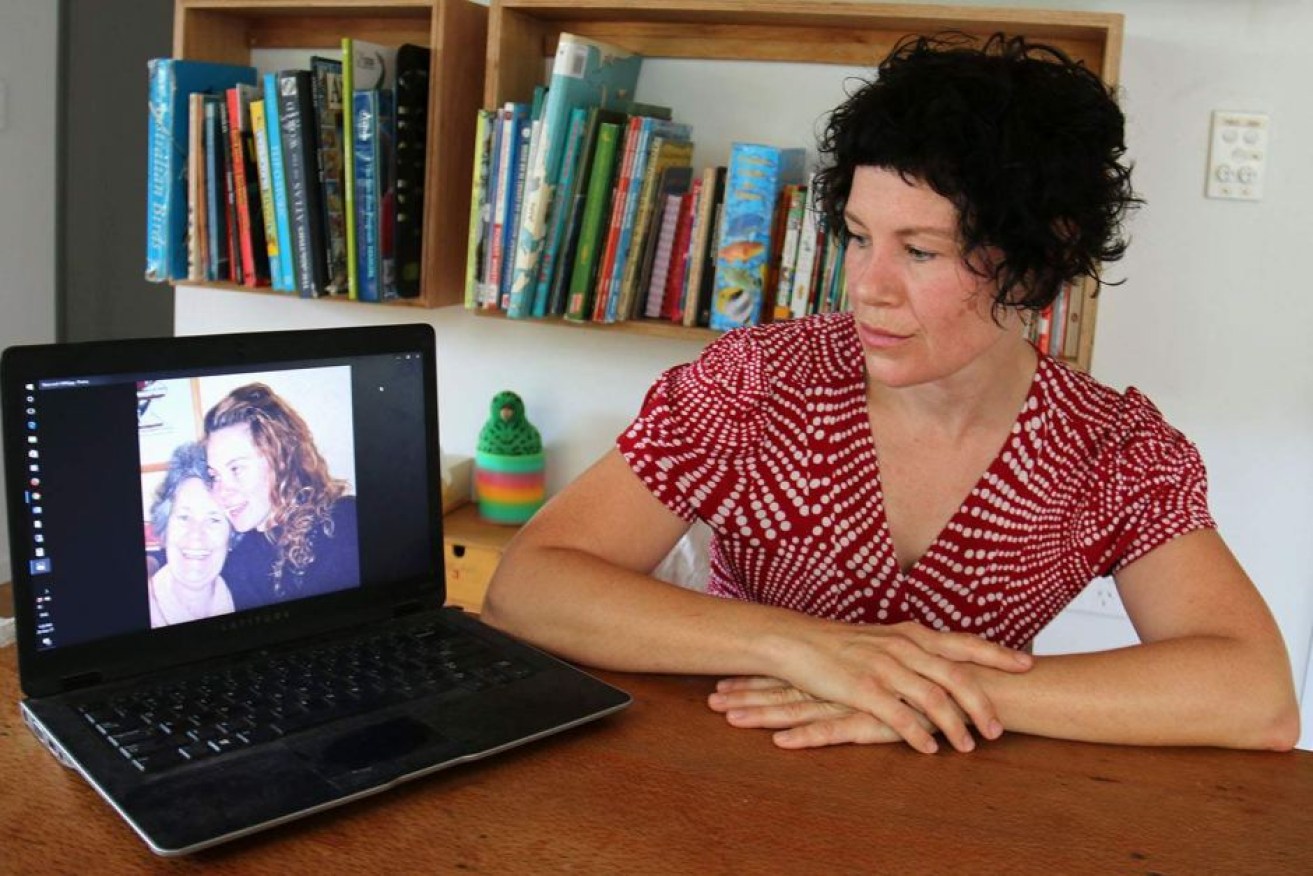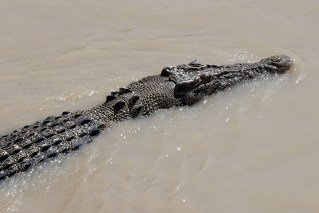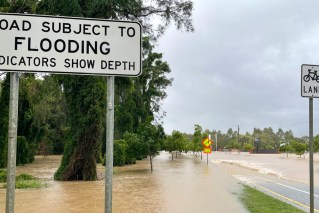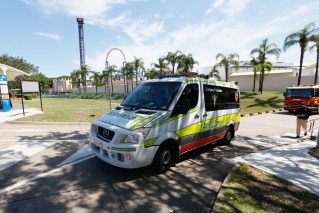Breast cancer risk test may only be a few years away: research

Cancer survivor Josie Dietrich with a photo of herself and her mum, who died of breast cancer. Photo: ABC
A test to determine the likelihood of breast cancer could be available within five years, after a research breakthrough identified more than 70 gene variants that put women at greater risk of the disease.
The breakthrough, co-led by the Queensland Institute of Medical Research (QIMR), has found 72 previously unheard-of genetic markers linked to breast cancer.
The finding is expected to allow researchers to develop a test that could be publicly available within five years.
The test would be offered to women with a strong family history of breast cancer to determine if they should consider early scans or surgery.
Professor Georgia Chenevix-Trench from QIMR said researchers were yet to discover why the genetic markers were present, but have found them common in breast cancer patients.
“Some of them seem to be in pathways that we predicted were important … like cycadean rhythm or how you respond to daylight,” she said.
“That probably fits with the fact that shift work is a small risk factor for breast cancer.
“It’s going to tell us an enormous amount about why breast cancers form.
“That, in turn, may lead to new treatments and maybe even preventions.”
‘Everyone assumed it was just a one off’
Researchers said women facing a higher risk of inherited breast cancer had a combination of rare variants in genes such as BRCA1 and BRCA2, as well as some of the newly discovered but less serious genetic markers.

Josie lost her hair when she underwent chemotherapy to treat her breast cancer. Photo: ABC
Cancer survivor Josie Dietrich, 43, said had she known about her genetic make-up, she could have prevented a lengthy and severe battle with an aggressive case of breast cancer.
The Brisbane woman was diagnosed four years after her mother died of breast cancer at just 56.
But because her mother was the first woman in the family to have breast cancer, doctors assumed it was an anomaly.
Ms Dietrich said if a test had been available after her mother’s death she would have taken it.
“That would have given me an indication of what kind of process I could have taken after mum’s death because everyone assumed it was just a one off, it was just unusual, but not that there was a gene going through the line,” she said.
Global study narrowed down genetic markers
The QIMR study, which analysed data from more than 250,000 women around the world, found the risk-prone genetic variants are not linked to any physical characteristics.
Professor Chevenix-Trench said the known genetic risk factors would remain invisible until tests were available.
Ms Dietrich has been cancer-free for eight years but had her breasts, ovaries, womb and cervix removed to prevent cancer spreading and still takes daily medication.
“I was unable to have a second child because I had to have a hysterectomy — it stopped my family,” she said.
“If you could stop even developing breast cancer through this testing, if there is a test that comes out of it, perfect.”
The research, performed in collaboration with 300 institutions across the world, has been published in the journals Nature and Nature Genetics.
– ABC







